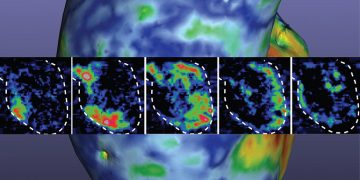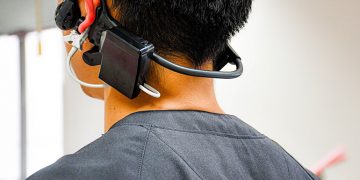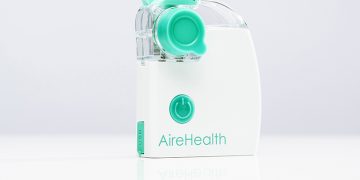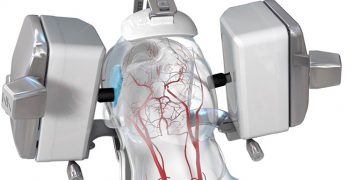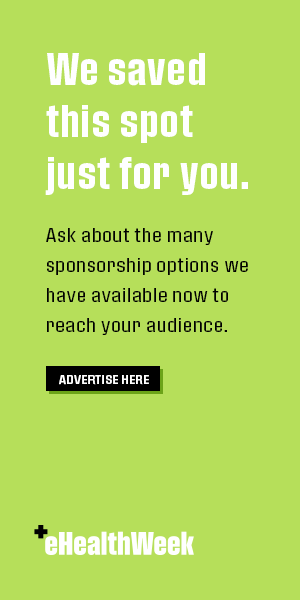On March 11, the NBA abruptly shut down its season after one of its players tested positive for COVID-19. Now, even though the pandemic isn’t behind us, the league has announced a plan to restart the season.
Joel Anderson, a Slate staff writer and a co-host of the podcast Hang Up and Listen, joins James Hamblin and Katherine Wells to explain what’s going on with the NBA.
Listen to the episode here:
Subscribe to Social Distance on Apple Podcasts, Spotify, or another podcast platform to receive new episodes as soon as they’re published.
What follows is an edited and condensed transcript of their conversation.
James Hamblin: You have covered the NBA’s recent moves—the last game that was played in the NBA was March 11, as the WHO declared a pandemic?
Joel Anderson: Yes. There was that surreal moment on March 11. Within a span of a few hours, the whole world changed. It was crazy. We found out Tom and Rita Hanks had tested positive for coronavirus, and flights from Europe to the U.S. were suspended. Then we saw that footage in Oklahoma City of all these players being frantically waved off the court because they were suspending a game, which is something that, as a fan of the NBA, I had never seen that before in my life.
Katherine Wells: I remember when the NBA was like, “Basketball is canceled”—it was like, Oh my God, this is a real thing.
Anderson: Absolutely. It resonated that we were on the precipice of something bad. If the NBA is taking this seriously, if they’re going to call off games and suspend the season, then obviously this is something to be reckoned with. Back in March, and even into April, there was real concern that the NBA wasn’t going to come back. There were so many hurdles to clear; the testing capacity was a concern; and it wasn’t clear that the players wanted to return. But it was inevitable as things started going along that we were going to get some basketball. The broadcast partners obviously wanted to do it. And then it became clear the testing capacity wouldn’t be a problem; they were able to move forward. And so here we are. The NBA is going to open training camp July 9, as far as we know.
Hamblin: They’re doing that in their hometowns, and then they’re going to go on to Orlando?
Anderson: No, the training camps are even going to take place in Orlando. They’re going to start moving down that direction. They’re trying to get people, you know, into a central location as soon as possible. So even before training camps start, these teams are going to be down there. They’re going to stagger their arrivals, but they’re going to do these training camps down there all together at the same time over the course of a few days, July 9 through July 11.
Hamblin: Why Orlando?
Anderson: It obviously helps that Disney is the league’s biggest customer. Disney pays, like, $1.4 billion a year to broadcast games on ESPN and ABC. A lot of players already live down there. Orlando’s sunny, family-friendly, and has no state income tax. And then think about this: Florida is run by a governor who’s much more welcoming of business and getting things back to normal. They’ve already had a number of live sporting events there: NASCAR, UFC, WWE. In Florida right now, NASCAR is already planning to allow fans to attend races.
Hamblin: Are there going to be fans at NBA games?
Anderson: No. But as teams get eliminated, as we get deeper into the postseason, family members will be allowed. And supposedly there’s going to be three [family members] per player.
Hamblin: So they’re going to be playing to a mostly empty stadium. Is the energy going to feel similar? Is it going to be sort of like practice?
Anderson: From what I understand, they’re talking about possibly pumping in crowd noise. So there are a whole bunch of alternatives that they’re bandying about right now. That’s one of those things that are still to be determined.
Hamblin: Okay, what do we have here in terms of contingency for the inevitable—which is that people will get the virus and then they’ll be rubbing their sweaty faces against the backs, shoulders, and potentially faces of other players? What’s the plan when someone gets a positive test?
Anderson: At a minimum, we know that the league has made it clear that things are going to move along even if a couple of players come down with coronavirus. They’re still ironing out details, but we do know what happens is, if a player tests positive, they’ll have to quarantine. And if a player leaves the campus, they’re going to also have to quarantine too. It’s just really hard to keep a bunch of young, wealthy men locked in one bubble for months at a time.
Hamblin: How long are they staying?
Anderson: Fourteen of the 22 teams will be eliminated within 53 days of arrival. So almost two months. Only four teams will be there after two months. So it’s going to be a very compressed schedule.
Hamblin: I come at things from a medical and health lens. My default from that perspective is: This is a bad idea. But I also fully understand that sports are an important part of the social fabric and bonding and community and culture, and people need some semblances of things like that right now. So, do you think this is a good idea?
Anderson: No. First of all, it’s just going to require an unprecedented amount of work in a tight and uncertain time frame to just stage these games. I think people think they want this, but I think it’s going to change once they see it. It’s not going to be a continuation of the season that was suspended. This is basically a whole new season. The idea that we’re going to get any closure on anything that happened prior to March—that’s just not possible, because this is so weird. And also I think people are really eliding the health risk here. There’s so much about this disease that we don’t know. We don’t know how it will affect players today. We don’t know how it will affect them 20 years down the line. There are also coaches that are there that are elderly, for lack of a better term. My favorite team, the Houston Rockets, their coach is 69 years old. What happens if he gets coronavirus? What if he dies? That’s a concern that I just think that people are pushing past right now. There’s too much uncertainty to play games just for the sake of games. I just remember that, where we were in March when the NBA calling off games was a big deal, it said something to society. It [said] they’re willing to forfeit billions of dollars and all this attention for the greater good. Now we’re still in the middle of a pandemic, and just like the NBA signaled that this was something to be reckoned with back in March, it might be sending another signal to society by returning to the court that we’re telling ourselves that, Oh, we’re through this now, when that’s not what’s going on at all.

